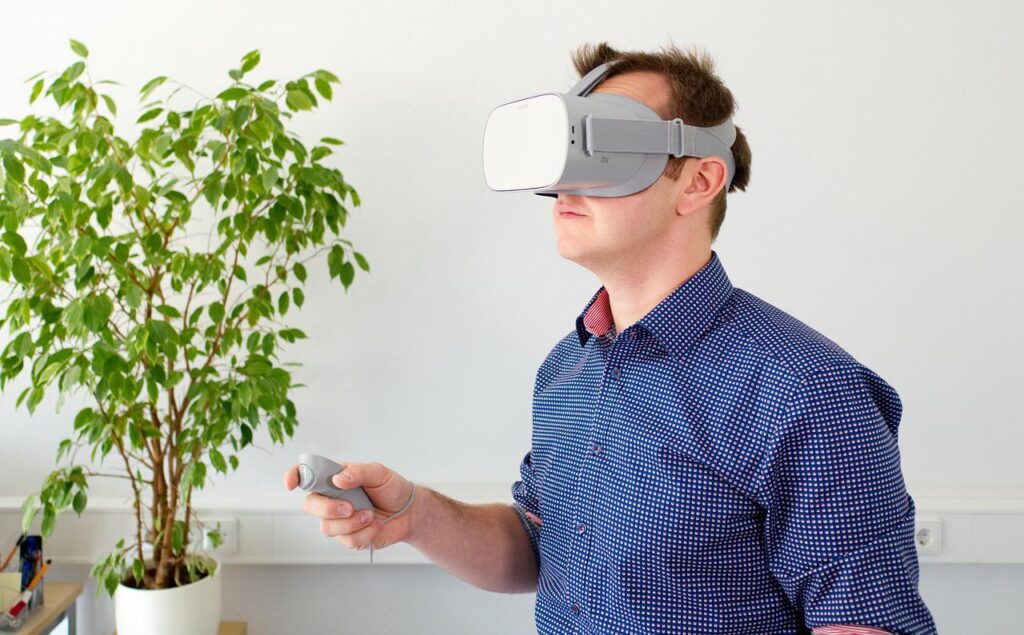Intensive Outpatient Therapy For Depression And Anxiety Help

We all have our anxious moments or times when we are depressed. It’s normal to feel these emotions when we are in stressful situations. Generally, this anxiety or depression goes away once conditions improve and life becomes less hectic again. For millions of people, however, anxiety or depression can drag on and on. It may get worse over time and might even start to interfere with their work, school, or relationships. When it reaches this point, it is likely that the person has an anxiety or mood disorder that requires treatment.
PTSD After The Sudden Death Of A Loved One

People form countless relationships throughout their lives – with family members, friends, coworkers, and neighbors. We have the deepest connections with the people we love – these relationships help make us who we are. They contribute to our sense of identity and have the power to transform us, for good or bad. Because of this, the death of a loved one can create numerous psychological issues, including PTSD, particularly if the loss was tragic and unexpected.
Can Virtual Reality Therapy Treat Eating Disorders?

Eating disorders affect a person’s physical and psychological functioning differently than any other mental health disorder. Once thought to be a problem of the wealthy, eating disorders are now known to impact various cultures, socioeconomic statuses, ages, and genders, and can be found worldwide.
Midlife Anxiety

A 2014 study by the British government found that while most people of all age levels are generally content with their lives, those in the middle age years – between the ages of 45 and 59 – are the least happy. These respondents reported low ratings of overall happiness and life satisfaction and a sharp increase in midlife anxiety. Interestingly, even adults aged 90 and older reported being happier and more satisfied than the middle aged group.
Treating Social Anxiety Disorder with Virtual Reality Therapy

Humans are social creatures. We bond with friends, engage with coworkers, and pair up in relationships. In many ways, we need interaction with other people but, for individuals with social anxiety disorder, being in a social setting can be a huge source of stress and anxiety. This is where virtual reality therapy can help.
Adult ADHD

Attention Deficit Hyperactive Disorder or ADHD is a medical disorder involving abnormalities in brain function. Often, this disorder can be passed genetically through families from one generation to the next. The condition is generally diagnosed in childhood, however we now know that ADHD commonly continues into adulthood. Although the hyperactivity component usually subsides in adults, attention and concentration problems often persist. If not caught in childhood, adults often become suspicious they may have adult ADHD when their children is diagnosed, and they recognize the same set of symptoms in themselves.
Children’s Mental Health – Psychiatric Help for Children

While we tend to think of childhood as a carefree time of life, the fact is that many children suffer from mental conditions and disorders, just the same as adults. Among other things, children’s mental health concerns can include emotional, behavioral, and mental disorders such as eating disorders, learning and developmental disabilities, Attention Deficit Hyperactive Disorder (ADHA), and autism. And, similar to adults, children can be impacted by conditions like anxiety, depression, Obsessive Compulsive Disorder (OCD) and Post-traumatic Stress Disorder (PTSD). Additionally, as children grow and mature into young adults, they can develop other problems associated with adolescence, such as underage drinking and substance abuse.
Complex PTSD

The majority of us have heard about PTSD (Post-Traumatic Stress Disorder), the condition that can occur when someone is exposed to a situation over which they had little or no control and from which there was little or no hope of escape. It is often associated with members of the military who have witnessed the horrors of battle, or with people who have endured an extreme physical or emotional trauma. PTSD can occur after experiencing even just one threatening situation, such as being involved in a car accident. But, what about those who have gone through long-term exposure to a continuing, intense level of stress?
